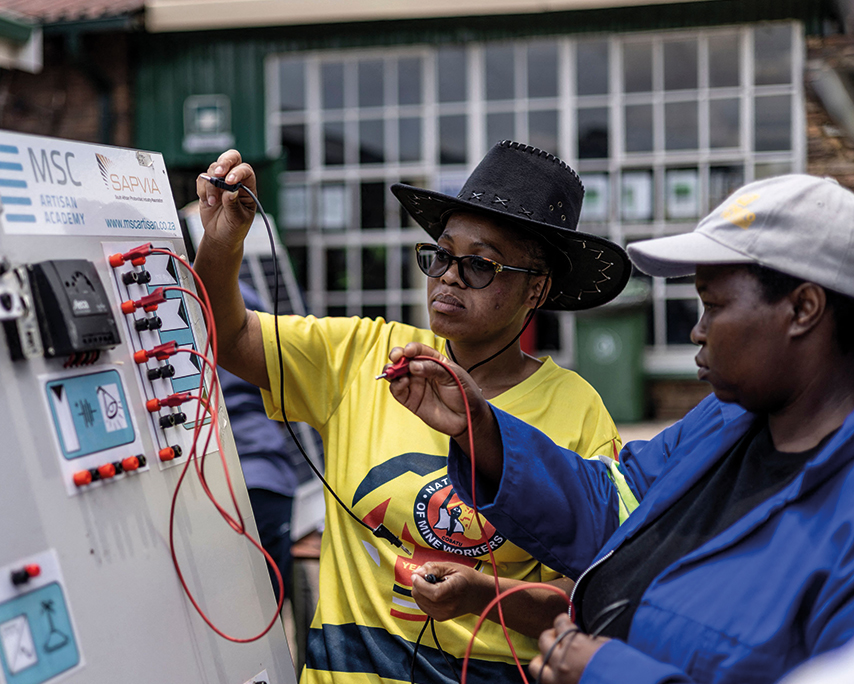World Rural Development
Why rural Africa needs better stories and data
Across Africa, rural communities continue to shoulder a disproportionate burden of poverty, hunger, and exclusion—despite being the backbone of the continent’s food production, labour force, and cultural heritage. Yet, amidst this struggle, pockets of rural transformation are emerging, driven in part by two powerful forces: devolved governance and the growing appeal of off-grid living.
These shifts are not just changing infrastructure—they are challenging structural inequalities. But to sustain and scale this progress, we must change how rural development is perceived, documented, and communicated. This is where publications, such as research papers, policy briefs, feature articles, local bulletins, podcasts, and digital platforms, can serve as powerful tools for driving structural change.
Professionals in publishing, development, media, and academia have a crucial role to play in reimagining rural development narratives—and advancing equity through what and how they publish.
Making devolution visible and accountable
Devolution has allowed many African regions to manage their own development priorities. In countries like Kenya, local governments are now able to allocate resources for rural roads, agricultural inputs, health services, and education—based on community needs rather than distant policy assumptions.
A well-written feature on how a devolved health initiative improved maternal care in a rural county, for example, can influence future policy, donor support, and public trust. Therefore, it is crucial to document success stories from counties and districts that are delivering impactful rural projects. There is also a need to analyse budget trends and service delivery data to expose disparities and push for more equitable funding.
Elevating off-grid innovations and sustainability models
Off-grid living is today trending as a lifestyle option. However, it is a practical solution for rural communities that have long been excluded from centralised infrastructure. Solar energy, rainwater harvesting, biodigesters, and eco-housing are transforming how rural communities access power, water, and sanitation. By documenting rural energy innovations, professionals can shift policy debates away from mega-projects toward decentralised, community-owned solutions. It also involves converting research findings into practical guides or policy briefs for rural deployment.
For too long, rural Africa has been portrayed as a space of need rather than one of knowledge, innovation, and enterprise. Publications must challenge these stereotypes by centring rural voices and solutions. This may include commissioning rural writers, photographers, and researchers to share their realities, as well as highlighting traditional knowledge systems that enhance resilience, such as seed saving, agroecology, and rotational grazing. Such approaches not only inform; they also restore dignity and agency to people who have been long excluded from national narratives.
Many investors see rural areas as too risky or unprofitable. To attract investment to rural areas through storytelling and evidence, publications must showcase viable rural enterprises and demonstrate social and economic returns through compelling data and case studies. Storytelling backed by credible evidence can help attract smart capital that aligns with rural needs and values.
As professionals in various industries, we are not only content creators but also partners in transformation. By capturing the real stories, data, and dreams of rural Africa, our publications can lay the foundation for a more inclusive and people-driven future. When strategically developed and widely shared, publications are not just communication tools. These become instruments that can shift power, elevate invisible voices, and correct systemic imbalances in how we approach rural development.



